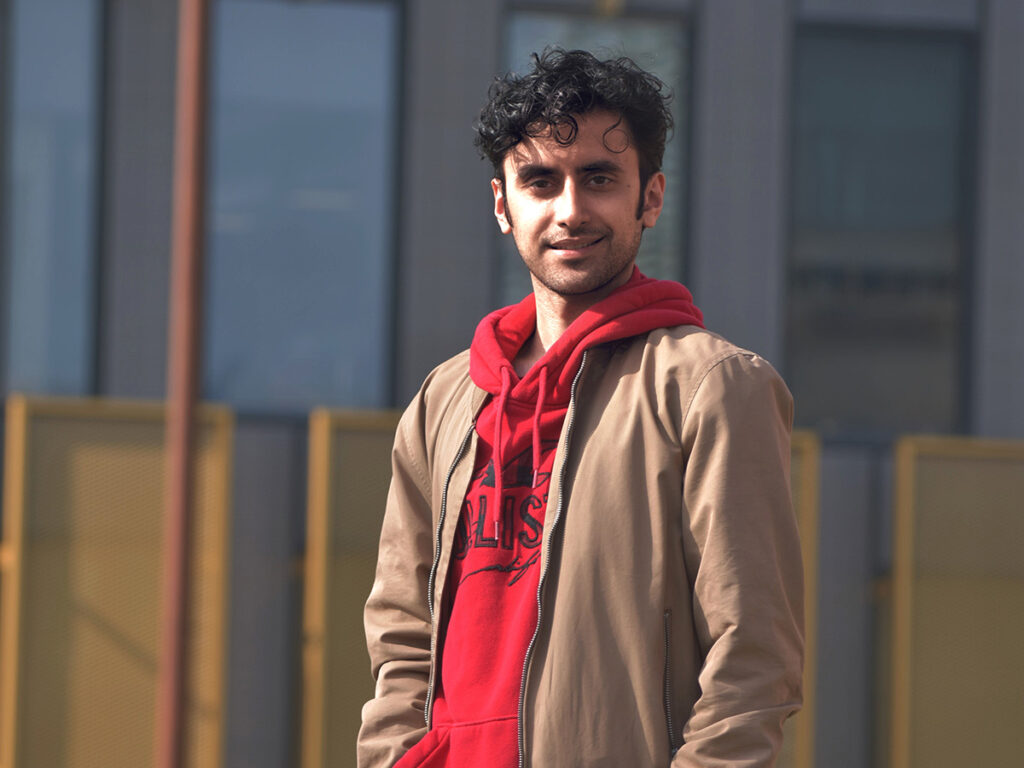When I first told people I’d be doing my Masters part-time, the reactions were… mixed. Some nodded with polite confusion as if I’d just told them I was taking up competitive birdwatching. Others assumed it was a compromise I had to settle for. But for me, part-time study wasn’t a compromise. It was a strategy.

I chose to study part-time because I needed flexibility. Not the vague, corporate kind, but real flexibility. The kind that lets you build your week around your goals instead of around someone else’s timetable. I wanted time to write, act, collaborate on creative projects, and stay connected to the work I was already doing in the community. A full-time degree would’ve squeezed all of that out. So, I slowed the pace. And in doing so, I gave myself room to grow.
Studying part-time means your degree becomes a long-distance relationship: it takes commitment, communication, and a lot of late-night reading. But it also means you get to live your life alongside your learning. One week, I’m working on a film set; the next, I’m workshopping a screenplay in class. It’s allowed me to spread my academic workload across two years, giving each module the attention it deserves. As a freelance artist, this flexibility has been crucial. I’ve been able to continue writing, take on film projects, and participate in creative events, all while staying engaged with the course.
One of the most significant benefits of studying part-time is the chance to slow down and reflect. In a field like Creative Writing, ideas take time to mature. Having that space between modules lets me develop my voice, revisit old drafts, and bring a deeper level of polish to my work. It also means I’m less likely to experience burnout, something that’s easy to overlook when you’re juggling creative ambition with academic deadlines.
Of course, there are trade-offs. The part-time route can be a lonely one if you let it. You’re not always on the same schedule as your peers, and it can take a bit more effort to stay connected. But I’ve found that the key is to be intentional. Stay in touch with coursemates, drop into campus events when you can, and don’t underestimate the power of a well-timed group chat rant about deadlines.
A typical week in my life doesn’t follow a template. Some weeks are writing-heavy, and others are dominated by film shoots. Classes slot into evenings, and readings happen on trains, buses, or in café corners between meetings. It’s messy. It’s nonlinear. And somehow, it works. There’s no one-size-fits-all routine, and that’s kind of the point. Part-time study has allowed me to build a life around my degree rather than squeezing my life into it.
If you’re thinking about postgraduate study but worried about time, finances, or balancing other commitments, I’d really encourage you to consider the part-time route. It doesn’t mean you’re any less committed. If anything, it means twice the focus and three times the organisation. And if you’re in a creative field, the extra time can be a gift: a space to create, revise, and grow at your own pace. For me, part-time study hasn’t slowed me down. It’s given me the time to build something lasting.
